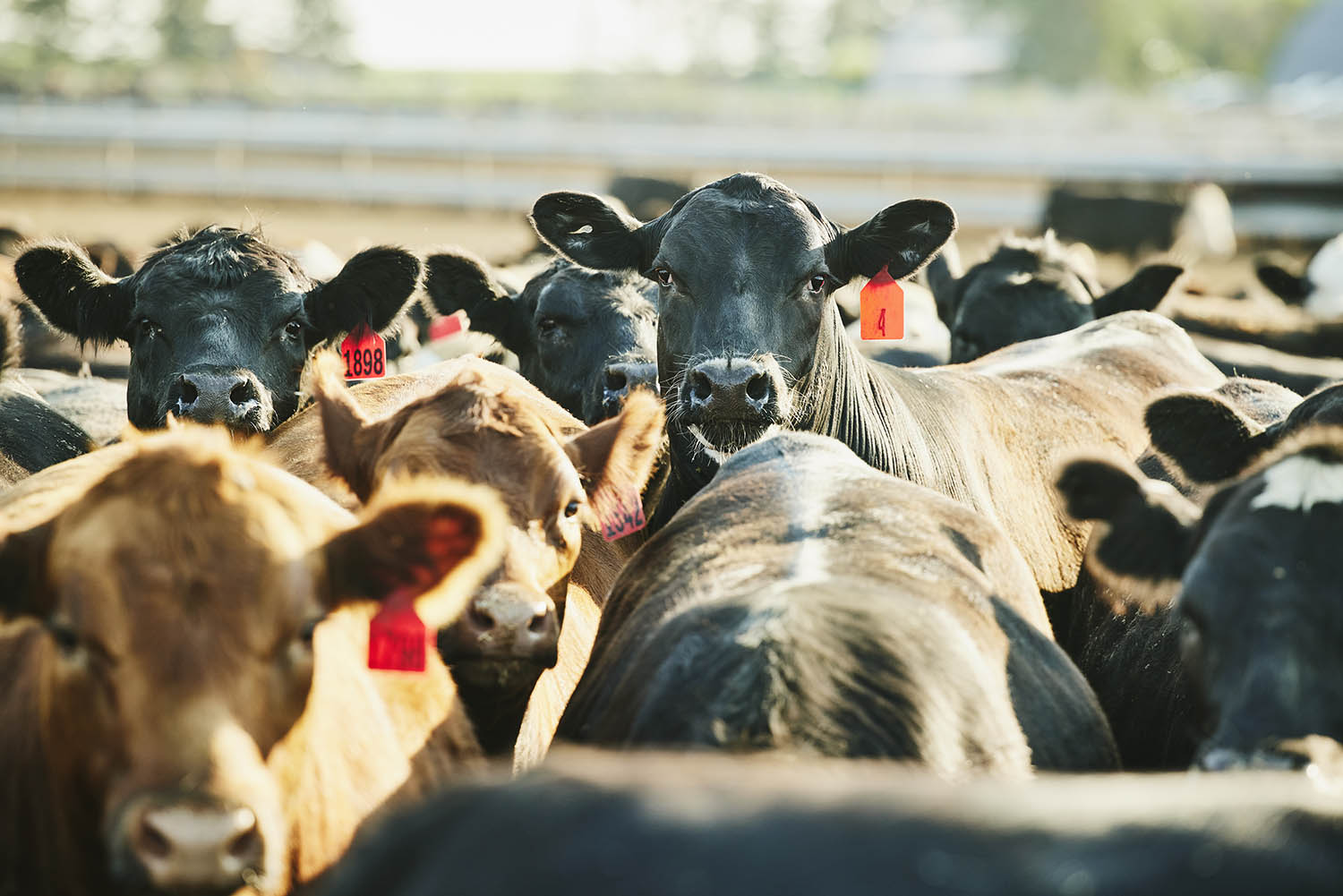As far as optics go, last week’s Oval Office announcement of a trade deal with the UK was a triumph for Keir Starmer’s strategy of making nice with Donald Trump. The details of the deal were thin, with much reportedly still to be finalised. But the choice of Britain to be the first of what the president says will be dozens of trade deals in the weeks ahead seemed to confirm that the special relationship is alive and well.
In absolute terms, that is worse for Britain than the situation before President Trump unilaterally imposed his “liberation day” tariffs on 2 April.
Yet it is likely to be as good a deal as any country gets, with 10% a best-case minimum for (almost) all countries exporting to the US, and zero tariffs on steel and aluminium. So relative to other nations, Britain the UK should not be significantly worse off.
British exporters would rather face a zero tariff, but most regard 10% as manageable, unlike the 25% or more that had seemed possible. Depending on what tariff rates Trump sets for other nations, some UK exports, such as luxury cars, may even become relatively more competitive in the US. There is also a promise of a more orderly process for future tariff adjustments, reducing the risk of the president raising tariffs on a whim. That should reassure Britain’s pharmaceuticals industry, in particular – a big exporter to the US that feared being hit with a higher rate.
The US announcement followed agreement last week on a long-sought trade deal with India that sharply reduced tariffs on UK exports to the world’s fastest growing big emerging economy while making it easier for high-skilled Indian workers to be employed temporarily in the UK. Unlike with the US deal, economists see this as creating economic value rather than merely limiting its destruction. It should generate substantial benefits, albeit mostly in the very long run. It is forecast to boost UK GDP by only 0.1% a year by 2040.
Karan Bilimoria, an Indian businessman who heads the International Chambers of Commerce in the UK, says it will “turbocharge trade between the two countries”, more than doubling UK exports to India within five years, including a £1bn boost to scotch whisky sales.
Coming so close together, the two deals are creating a sense of momentum ahead of 19 May, when Britain hosts a crucial summit with the EU. The EU needs a deal of its own with Trump and should appreciate any help it can get from Team Starmer. If the UK deal is considered a template for other deals America is looking to do, it should encourage Europe to take steps that align its trade policies more closely with Britain’s. After the rupture of Brexit, the hope is that the summit will kickstart greater policy alignment and economic integration of Britain with its biggest trading partner.
Hopes of progress are much higher than seemed likely before a week in which the prime minister demonstrated a Trump-like mastery of the art of the deal.
Photograph by Thomas Barwick/Getty
Newsletters
Choose the newsletters you want to receive
View more
For information about how The Observer protects your data, read our Privacy Policy

